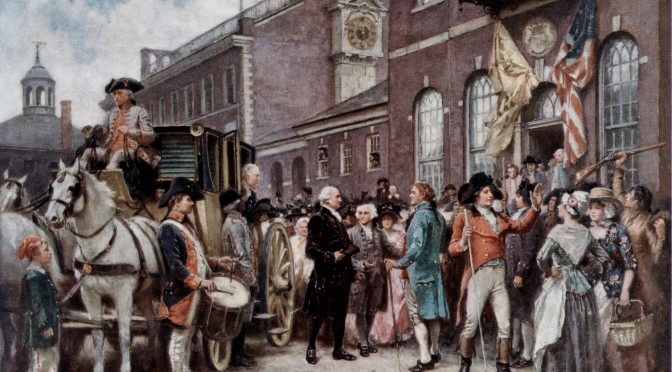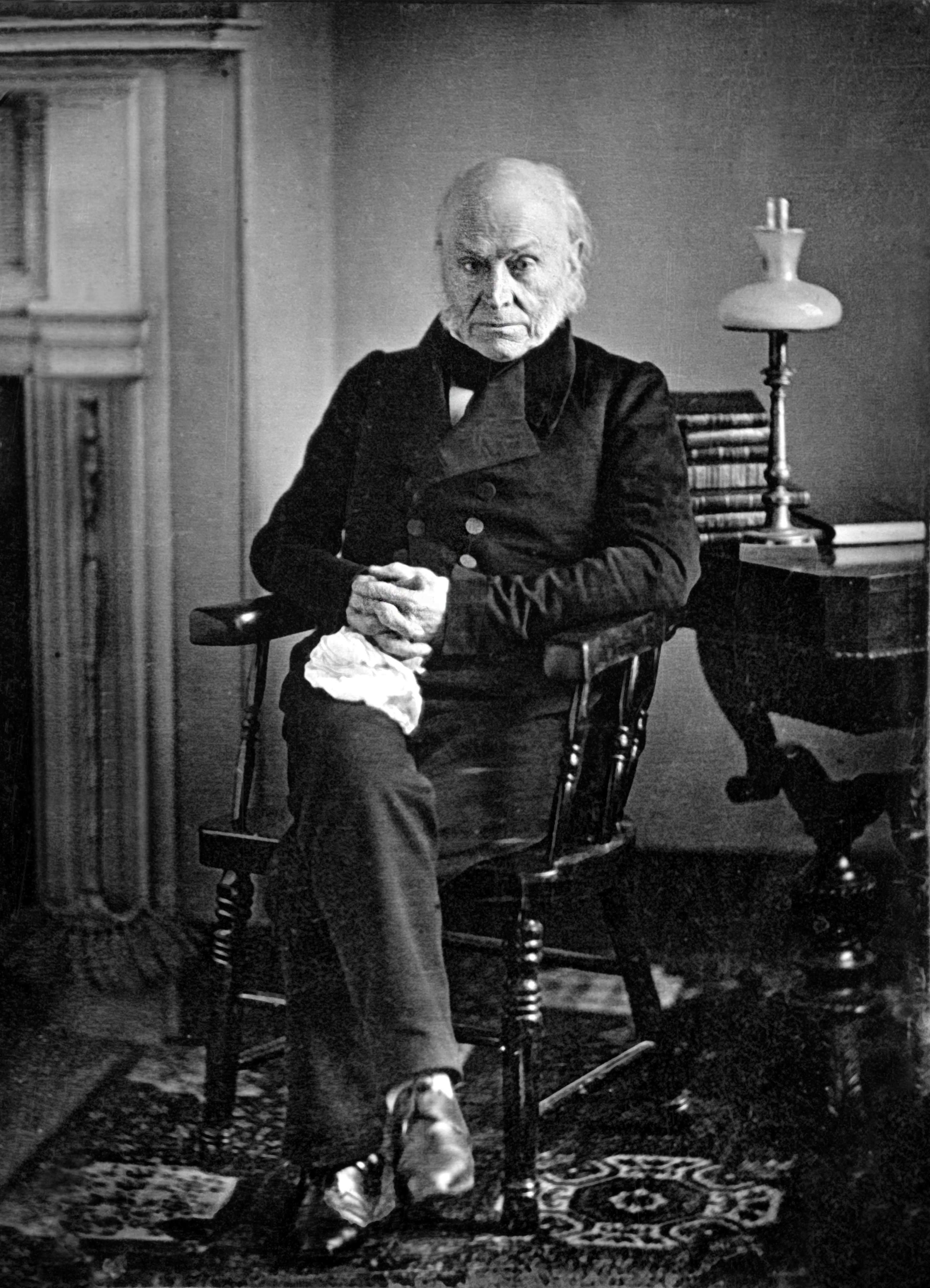Today is March 4. Until about eighty years ago, this was an important date to the American people, and it is still of great historical importance.
March 4, 1789 was the date set by the “United States in Congress Assembled” (the “Confederation Congress”—the U.S. legislature that preceded the Congress of the United States) for the new Constitution of the United States to take effect.
On Sept 13. 1788, the Confederation Congress passed the following resolution:
Resolved That the first Wednesday in Jany next be the day for appointing Electors in the several states, which before the said day shall have ratified the said Constitution; that the first Wednesday in feby next be the day for the electors to assemble in their respective states and vote for a president; And that the first Wednesday in March next be the time and the present seat of Congress the place for commencing proceedings under the said constitution.
Continue reading The First Wednesday in March Next: March 4 in American Presidential History

